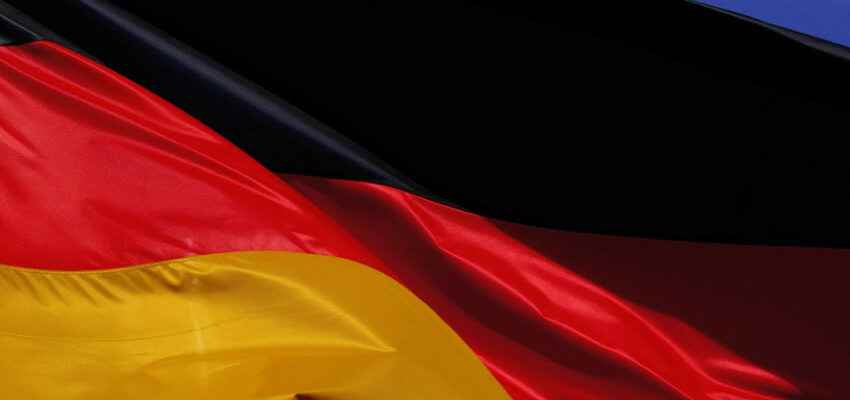Should this be seen as an omen? Thursday morning, the Belgian statistical office Statbel announced that inflation had reached 11.27% over one year in September, a level not seen since 1975, driven, in large part, by energy and food prices. . Published a few hours later, the German figures reflect an equally unenviable situation. With a rate very close to 11%, at 10.9% in harmonized data from the European Union (these serve as a reference for the European Central Bank), inflation is higher than feared by the experts (10.2 %) and climbed 2.1 points compared to August. Soaring energy and food prices are also the main explanation, according to the federal statistics office, Destatis. ” Energy prices were 43.9% higher in September 2022 than in September 2021. [Ceux] foodstuffs also saw an above-average increase of 18.7% compared to the same month of the previous year “, details Destatis. Added to this is the impact of continued disruptions to supply chains due to the Covid-19 pandemic.
Anchoring
Destatis cites a final cause: the end of temporary measures intended to cushion the shock of inflation, such as the reduction in taxes on fuel and the monthly train ticket at 9 euros. Nevertheless, “this effect cannot yet be quantified based on the interim results “, specifies Destatis, which will reveal its final data on October 13. ” The sharp increase in headline inflation in Germany in September cannot be explained by temporary factors. While business surveys show that price pressure remains strong and the labor market is expected to remain tight despite the recession taking hold, high inflation looks set to become more entrenched “, Comments, more somber, Franziska Palmas, senior economist Europe at Capital Economics.
In the short term, it is difficult to envisage a contraction in energy prices when Europe has been shaken for several days by the sabotage of the Nord Stream gas pipeline, which carries Russian gas to Germany. In response, Berlin has decided to cap energy prices and release an envelope of 200 billion euros for this purpose. ” Energy prices must come down [et] the German government will do everything to bring them down both for households and businesses, said Chancellor Olaf Scholz.
Worst case scenario
According to the country’s four main economic institutes, Germany will not run out of gas this year or even in 2023, but the supply will remain “ extremely tense “and gas prices” well above pre-crisis levels. This will mean a loss of prosperity for the euro zone’s largest economy. From now on, the question of its tipping into recession no longer arises. Only the exact timing is unknown. Recession is set to hit next year, with gross domestic product contracting by 0.4%, according to joint forecasts by Ifo, the Kiel Institute for the World Economy (IfW Kiel), the Halle Institute for Economic Research (IWH) and the Leibniz Institute for Economic Research (RWI). As the situation is highly uncertain, a worst-case scenario has been considered: in the event of an unusually cold winter and insufficient energy savings, GDP could then drop by 7.9% in 2023.
In recent days, temperatures have dropped in Germany, as in France, pushing household and business gas consumption to a level 14.5% higher than the average of the last four years, a sign that calls for sobriety have not passed. This is ” very disturbing “, was alarmed Klaus Müller, the head of the federal network agency. Before trying to reassure (oneself): it’s a ” instantaneous which could change quickly.
CP
